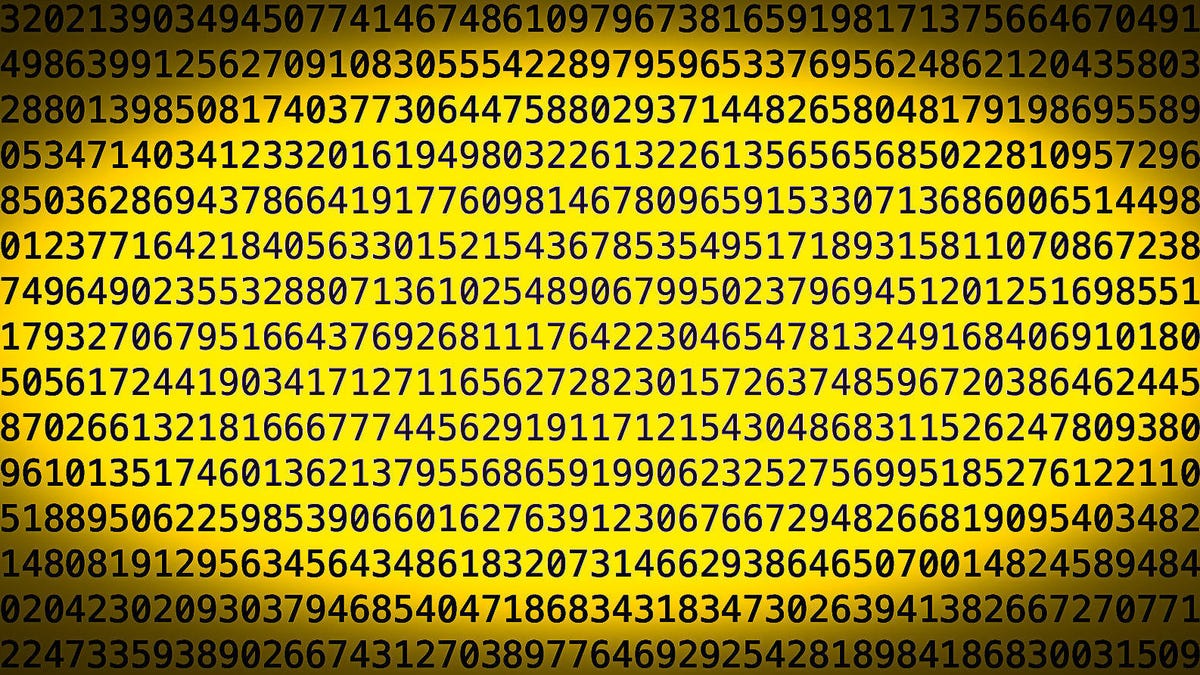New largest prime number would take weeks to write down
It's prime time for the newly discovered prime number, which is nearly a million digits larger than the previous record holder.
If you have a whole lot of free time, you might be able to type out the largest known prime number.
The newly found number has 23,249,425 digits, nearly one million digits more than the previous record holder, discovered a year ago. Here comes the math: the new prime number is calculated by multiplying together 77,232,917 twos, and then subtracting one.
Because no one, not even a mathematician, has the time to recite 23 million digits, the number was given the not-so-catchy name of M77232917. (But its friends call it 2 to the power of 77,232,917 minus 1.)
A collaborative computer project called the Great Internet Mersenne Prime Search, which has been going on for years, found the number in late December, on a computer volunteered by Tennessee electrical engineer Jonathan Pace. Pace had been hunting for primes for 14 years. Merseene primes are a special class of rare prime numbers named for Jesuit scholar Marin Mersenne, who studied them in the 17th century.
The computer search site tried to explain the giant size of the number for those of us (honestly, all of us) who can't count that high.
"Just how big is a 23,249,425 digit number?" the site asks. "It's huge!! Big enough to fill an entire shelf of books totaling 9,000 pages! If every second you were to write five digits to an inch then 54 days later you'd have a number stretching over 73 miles (118 kilometers) -- almost 3 miles (5 kilometers) longer than the previous record prime."
In case you've blocked out your math classes, a prime number is a number divisible only by 1 and itself.
Wannabe prime-number hunters can join the hunt by downloading free software available from the group.


